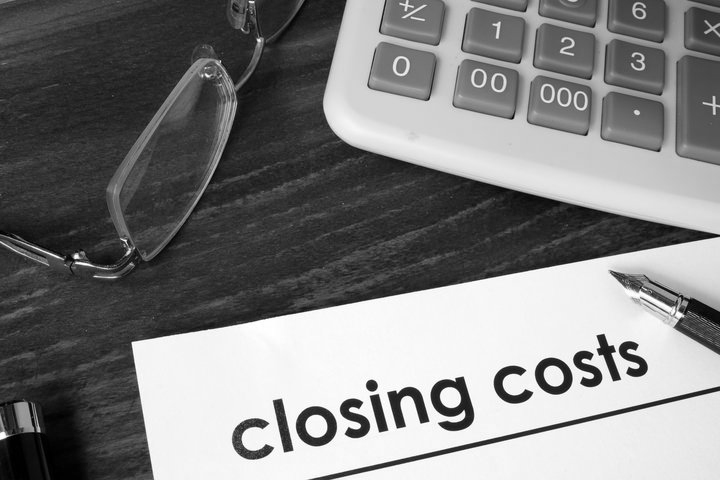
How To Calculate Closing Costs
A Good Faith Estimate of settlement or closing costs lists the expenses you're likely to have to pay at settlement. Because these amounts can add up to a large sum, it's important to consider the fees related to closing when choosing a lender. Don't base your decision just on the interest rate.
Federal law requires that a prospective lender provide a Good Faith Estimate to you within three days of applying for a mortgage. Unfortunately, there's often a large discrepancy between the estimate and what you actually end up paying.
Typically, closing costs run between 3% and 5% of your loan amount, so if you're borrowing $100,000 you can expect closing costs of $3,000 to $5,000. If you're borrowing $200,000 you can expect closing costs of $6,000 to $10,000.
The smart thing to do is to obtain good faith estimates from two or three lenders and compare the costs. Then be prepared to ask the lender you choose to meet the best offer. Here are some of the items you can expect to find on a Good Faith Estimate:
- Loan origination fee
- Loan discount fee
- Loan application fee
- Points (to "buy down" the interest rate)
- Lender's attorney fees
- Buyer's attorney fees
- Appraisal fee
- Credit Report
- Lender's inspection fee
- Mortgage broker commission or fee
- Tax service fee
- Processing fee
- Underwriting fee
- Wire Transfer fee
- Interest from the day of settlement to the date of the first mortgage payment
- Private mortgage insurance premiums to protect your lender
- Hazard insurance premiums
- Property taxes from the day of settlement to the end of the tax year
- Settlement or closing/escrow fee
- Document preparation fee
- Notary fee
- Title search and title insurance to protect your lender
- Title insurance to protect you
- Recording fees
- Tax stamps
- Pest inspection
Property taxes placed in an escrow account are one of the largest expenses at closing. The amount depends on the value of the house you buy and the tax rate in the town or county where the house is located. Many lenders require you to include a monthly estimate with your mortgage payments equal to 1/12th of your annual property taxes and homeowners insurance. For most people, this is easier than coming up with a large lump sum each year when taxes are due.
Don't be taken advantage of at closing, and don't go to closing unprepared. Educate yourself about the ins and outs of home buying before you start looking for your first home.